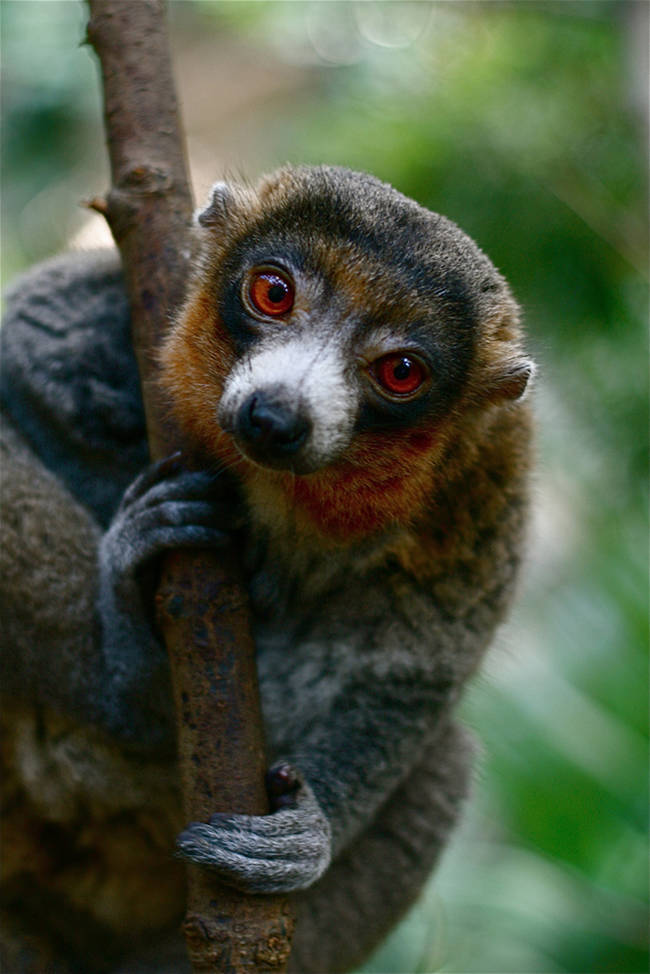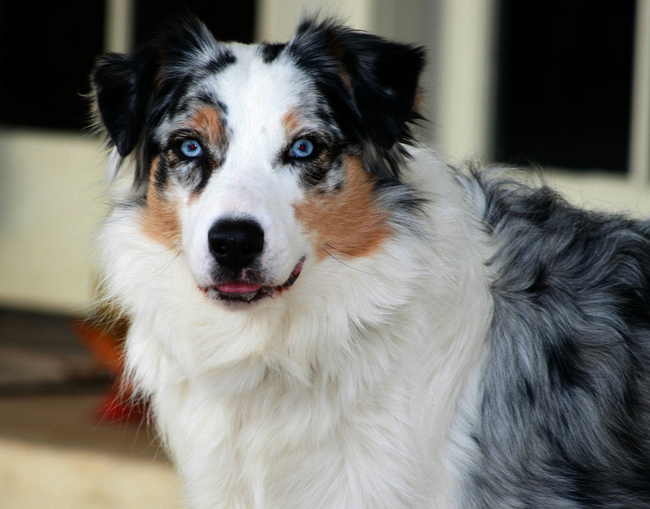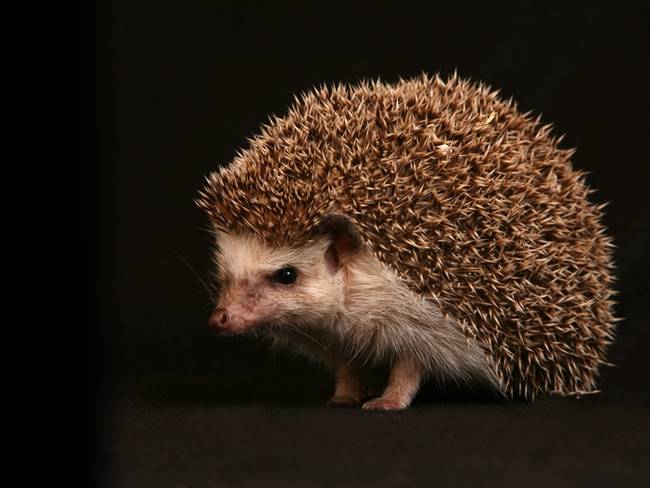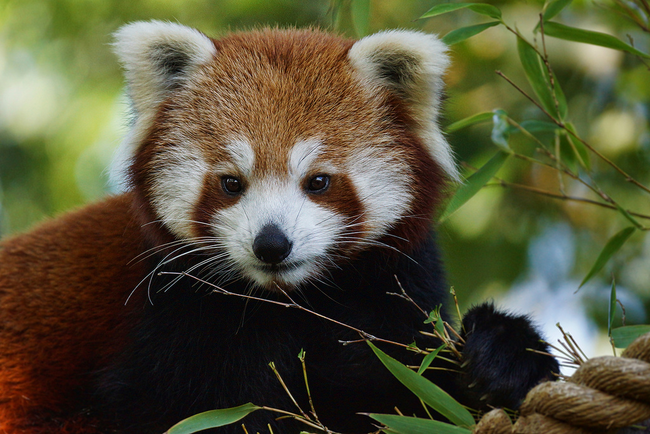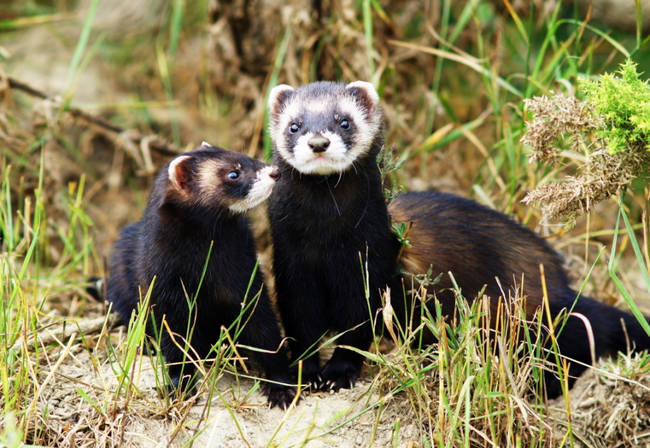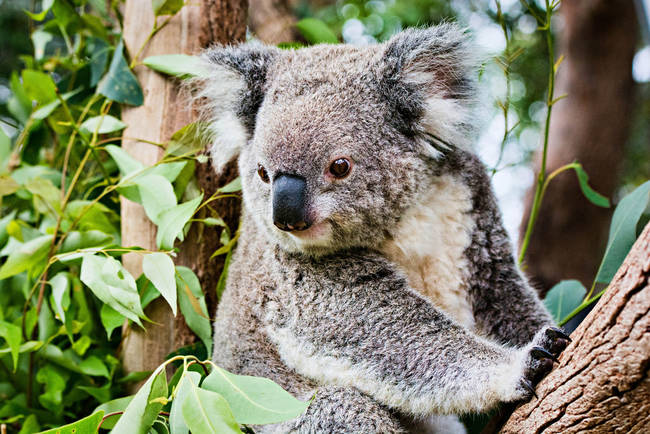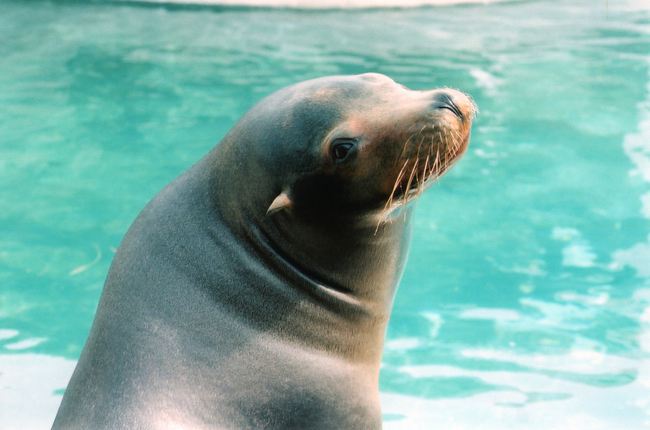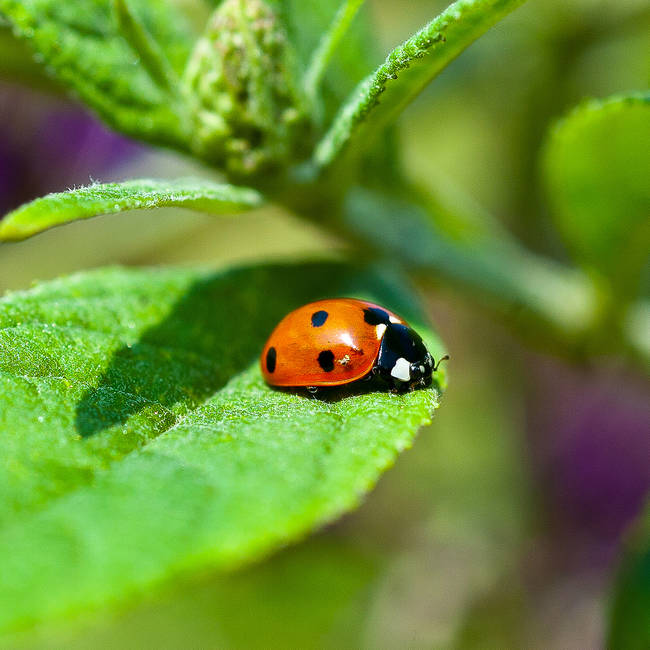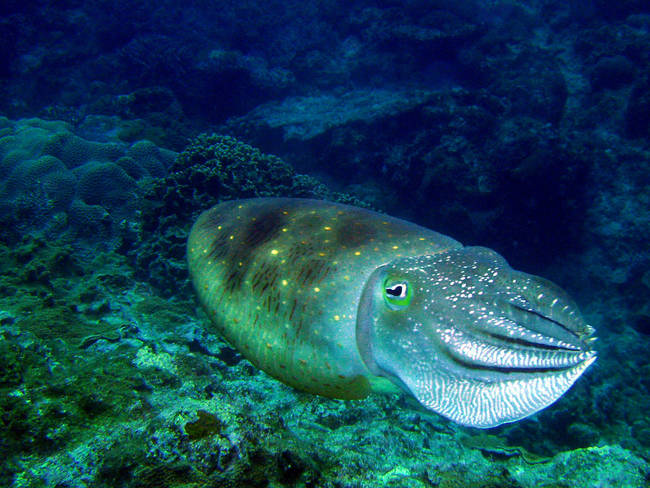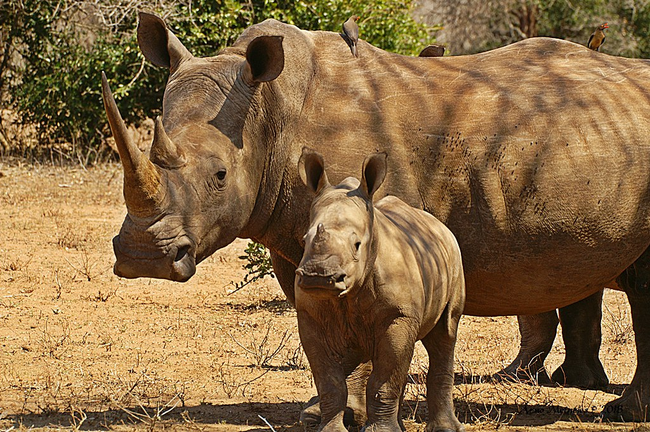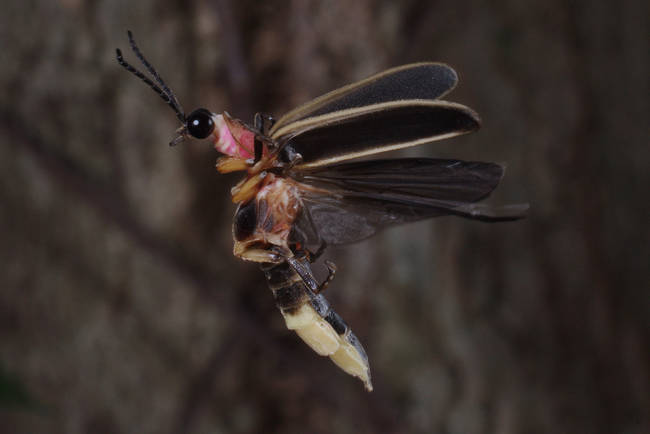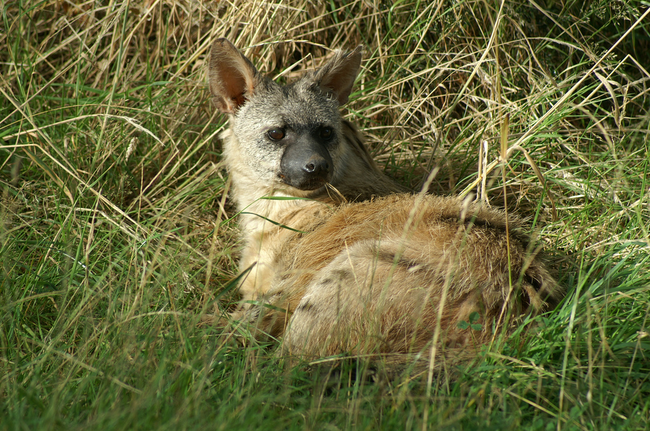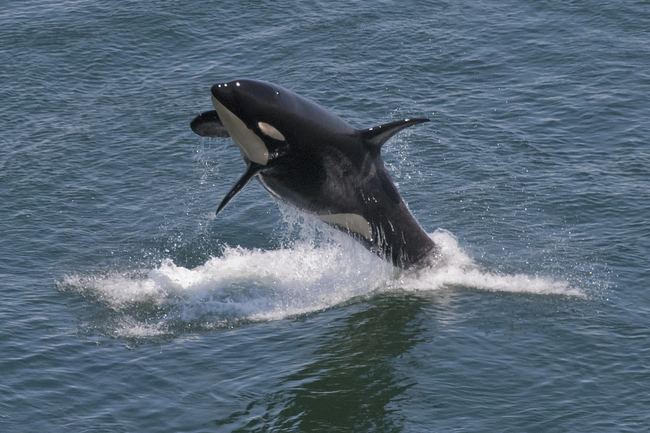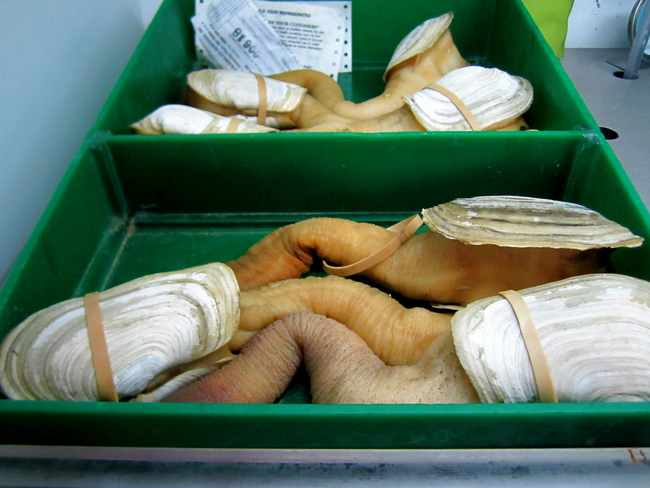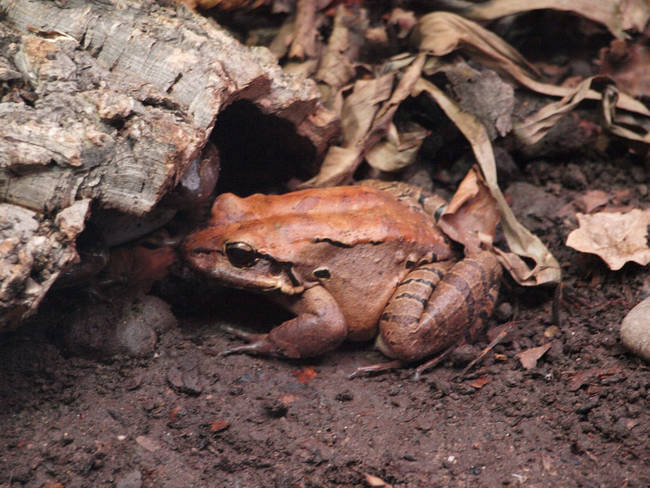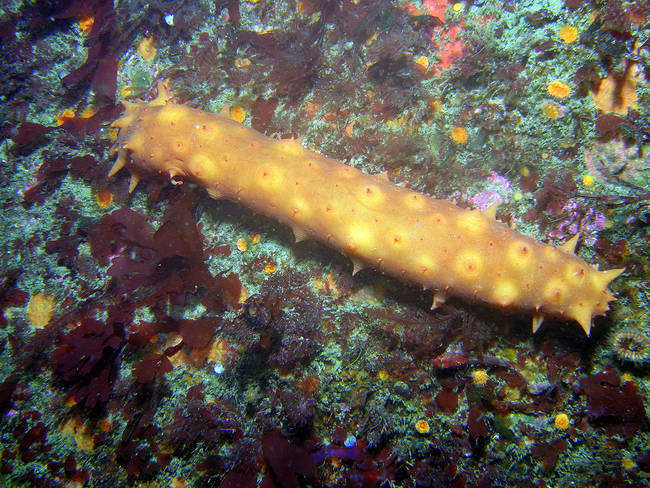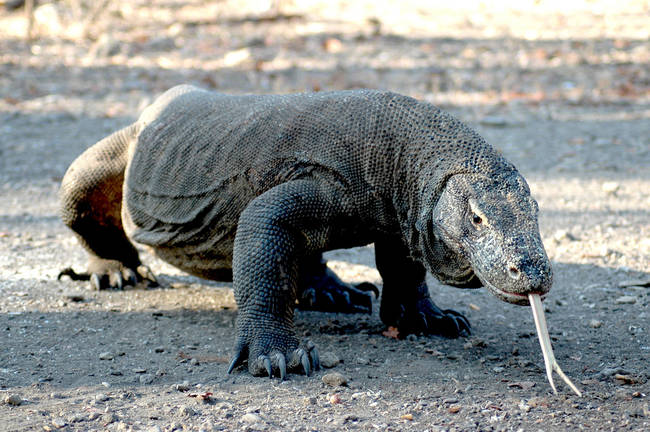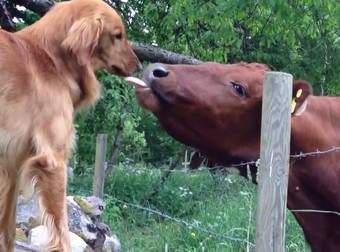It often feels like everyone in the world is out to trick you. If you think you’re getting a good deal on something, chances are you getting swindled in another way. Of course, we like to use that to our advantage when, say, we turn 29 for the third time.
As it turns out, you can’t even trust animals to tell you the truth anymore. Especially these critters who are all lying to us with their misleading names. Take a look.
1.) Flying Lemurs
They are neither lemurs nor can they fly. Also known as colugos, they were named for their similar features and nocturnal habits, but are closer in relation to primates.
2.) Australian Shepherd
These blue eyed beauties are bred in Europe. Their close relationship to the Australian Basque shepherds gave them their antipodean moniker.
3.) Hedgehog
They have zero relation to pigs or hogs. Their name comes from the discovery that the spiky foragers grunt similarly while hunting.
4.) Red Panda
These adorable animals should have received the name “red raccoons.” They share an equal relation to both raccoons and pandas, but not quite one or the other.
5.) Polecat
These adorable fuzzy faces aren’t related to felines at all. They’re part of the weasel family and were likely named after the French words “poule” and “chat” for their love of poultry.
6.) Koala Bears
Though they look like cuddly teddy bears, koalas are marsupials and more related to kangaroos. But you can’t blame people for wanting to give them a cuddly name.
7.) Sea Lion
Obviously they aren’t lions of the sea, but something called pinnipeds. That means they’re mammals who walk around on their flippers when on land. Their name comes from the thick mane that is often found on their necks, like lions.
8.) Ladybug
These insects aren’t all ladies, and are actually a type of beetle. Their name comes from the Middle Ages when farmers prayed for relief from more nefarious insects eating their crops. When these speckled little bugs came around to eat those jerks, they were given the name “Bug of Our Lady,” referencing the Virgin Mary.
9.) Mountain Goat
Even though they look and sound just like their namesake, these animals are more closely related to antelopes.
10.) Cuttlefish
Nope, it’s not a fish. They’re cephalopods, a species existing for 500 million years. Their internal structure is known as a “cuttlebone,” providing them with their buoyancy and name.
11.) White Rhinos
Their color doesn’t reflect the name, but what makes them unique from other rhinos is the square shape of their mouth.
12.) Fireflies
Named for the “fire” light they emit at night, they are not actually flies. They’re beetles.
13.) Aardwolf
It sounds like the result of an aardvark falling in love with a wolf, but it isn’t related to either of those animals. This is a type of hyena named from the Afrikaans word meaning “earth-wolf.”
14.) Killer Whale
The killer aspect is definitely not a misnomer. As one the largest predators in the ocean, they hunt prey in packs of up to 40. But they’re not whales at all. They’re dolphins.
15.) Geoduck
Pronounced “goo-ee-duc,” these are not actual ducks. Instead, they are a type of clam found in the Pacific Northwest. The misleading name comes from the Nisqually Indian word “qweduc,” which translates to “dig deep.”
16.) Mountain Chicken
This obviously isn’t a chicken. These frogs are one of the world’s most threatened of their species, likely due to their tasty, apparently chicken-flavored meat.
17.) Sea Cucumbers
This cucumber wouldn’t go well in your next salad. The echinoderms come in several shapes and sizes and are closely related to starfish and sea urchins.
18.) Komodo Dragon
Since dragons (sadly) aren’t real, this is nothing more than a large lizard. Its forked tongue inspired the mythical moniker.
(via The Dodo.)
This makes you wonder who we CAN trust in this crazy, mixed up world. Okay, so it might not be that big a deal, but it does make you think about how often we take things like names at face value. Now I want to go back and rename these guys.
